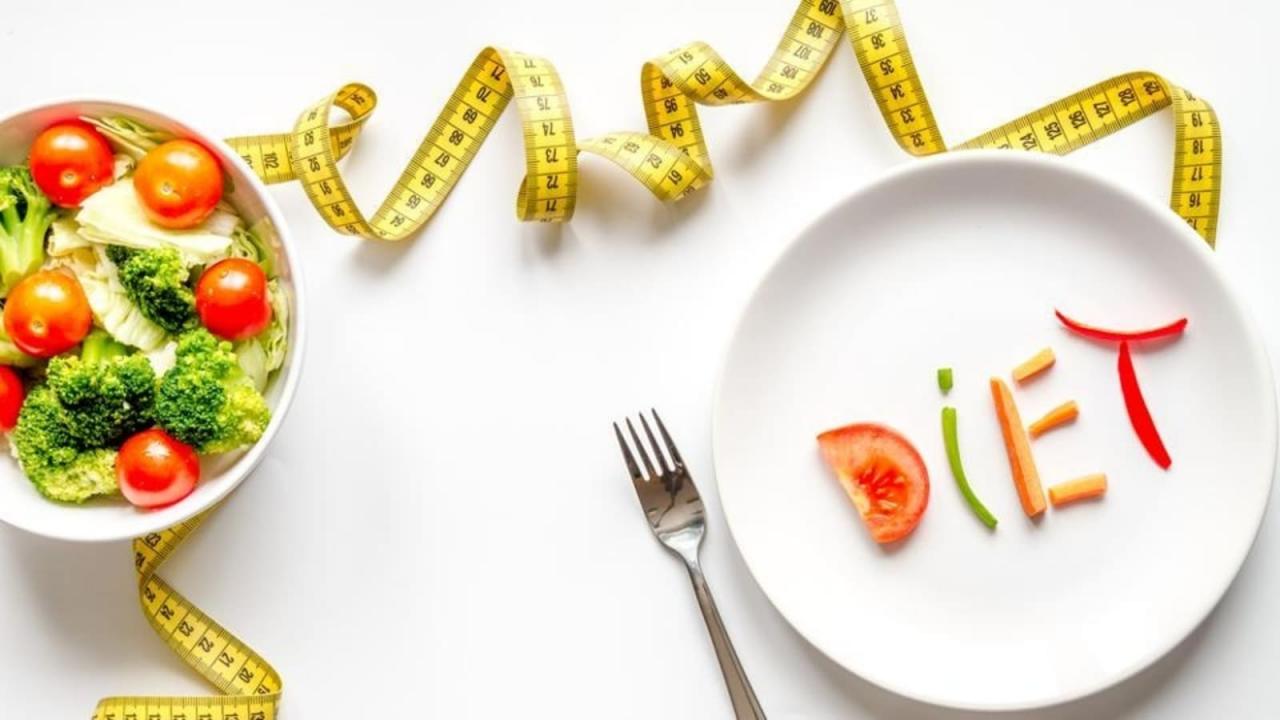In a world filled with conflicting information about what we should and shouldn’t be eating, it’s time to separate fact from fiction when it comes to nutrition. Let’s unravel the web of common myths surrounding our diets and get to the truth behind what truly fuels our bodies.

Debunking the Myth: Carbs are the Enemy of Weight Loss
Are you someone who has been counting carbs religiously in an effort to shed those extra pounds? Well, it’s time to put that notion to rest because the myth that carbs are the enemy of weight loss is just that – a myth!
Carbohydrates are actually an essential part of a balanced diet and can even aid in weight loss when consumed in moderation. Complex carbohydrates, found in foods like whole grains, fruits, and vegetables, provide the body with energy and help keep you feeling full for longer periods of time. By avoiding carbs altogether, you may be missing out on important nutrients that your body needs to function optimally.
Instead of demonizing carbs, focus on incorporating a variety of nutrient-dense foods into your diet, including whole grains, lean proteins, and healthy fats. Balance is key when it comes to nutrition, so don’t be afraid to enjoy a serving of pasta or a slice of bread every once in a while.
Unveiling the Truth: The Importance of Healthy Fats in Your Diet
Many people believe that all fats are unhealthy and should be avoided at all costs. However, this is simply not true. Your body needs healthy fats to function properly and in fact, they can offer numerous health benefits. Here are some reasons why healthy fats are crucial for your diet:
- Brain Function: Healthy fats, such as Omega-3 fatty acids, are essential for brain health and development. They can improve cognitive function and reduce the risk of cognitive decline.
- Heart Health: Contrary to popular belief, certain fats can actually improve heart health. Healthy fats can lower bad cholesterol levels and reduce the risk of heart disease.
- Weight Management: Healthy fats can help you feel full and satisfied, leading to reduced cravings and overeating. They can also boost metabolism and aid in weight loss.
- Vitamin Absorption: Some vitamins are fat-soluble, meaning they need to be consumed with fats in order to be properly absorbed by the body. Including healthy fats in your diet can ensure you are getting the full benefit of these vitamins.
Separating Fact from Fiction: The Role of Protein in Muscle Building and Weight Management
When it comes to nutrition myths surrounding protein and muscle building, it’s important to separate fact from fiction. Let’s debunk some common misconceptions:
- Myth: You need massive amounts of protein to build muscle.
- Fact: While protein is essential for muscle growth, consuming more than your body needs won’t necessarily lead to bigger muscles. Aim for a balanced intake based on your individual needs and goals.
- Myth: Plant-based proteins are inferior to animal-based proteins.
- Fact: Plant-based proteins can be just as effective for muscle building as animal-based proteins. Foods like tofu, lentils, and quinoa are excellent sources of protein that can support muscle growth.
Understanding the role of protein in weight management is also crucial. Here are some additional insights:
| Protein Source | Calories | Protein Content |
| Chicken Breast (3 oz) | 165 | 31g |
| Quinoa (1 cup) | 222 | 8g |
Remember, the key to successful muscle building and weight management is a balanced diet that includes adequate protein, along with regular exercise and overall healthy lifestyle habits. Don’t fall for common nutrition myths, and prioritize evidence-based information to support your health and fitness goals.
Busting the Myth: All Calories are Created Equal
Many people believe that when it comes to weight loss and overall health, all calories are created equal. However, this is far from the truth. The source of the calories we consume plays a significant role in how our bodies process them and the impact they have on our health.
For example, 100 calories from a sugary drink will not have the same effect on our bodies as 100 calories from a serving of vegetables. The former will cause a spike in blood sugar levels, leading to energy crashes and potential weight gain, while the latter will provide essential nutrients and fiber that help keep us full and satisfied.
It’s important to focus on the quality of the calories we consume rather than just the quantity. Choosing whole, nutrient-dense foods over processed and empty-calorie options can make a significant difference in our overall health and well-being.
As we wrap up our exploration of common nutrition myths, it’s important to remember that understanding the truth behind our food choices is crucial for maintaining a healthy and balanced lifestyle. By dispelling these misconceptions and arming ourselves with accurate information, we can make informed decisions about what we put into our bodies. So let’s continue to nourish ourselves with knowledge and steamroll past the roadblocks of misinformation. Here’s to a future filled with clarity, wisdom, and good eating habits. Cheers to debunking the myths and embracing the facts!




Comments are closed.